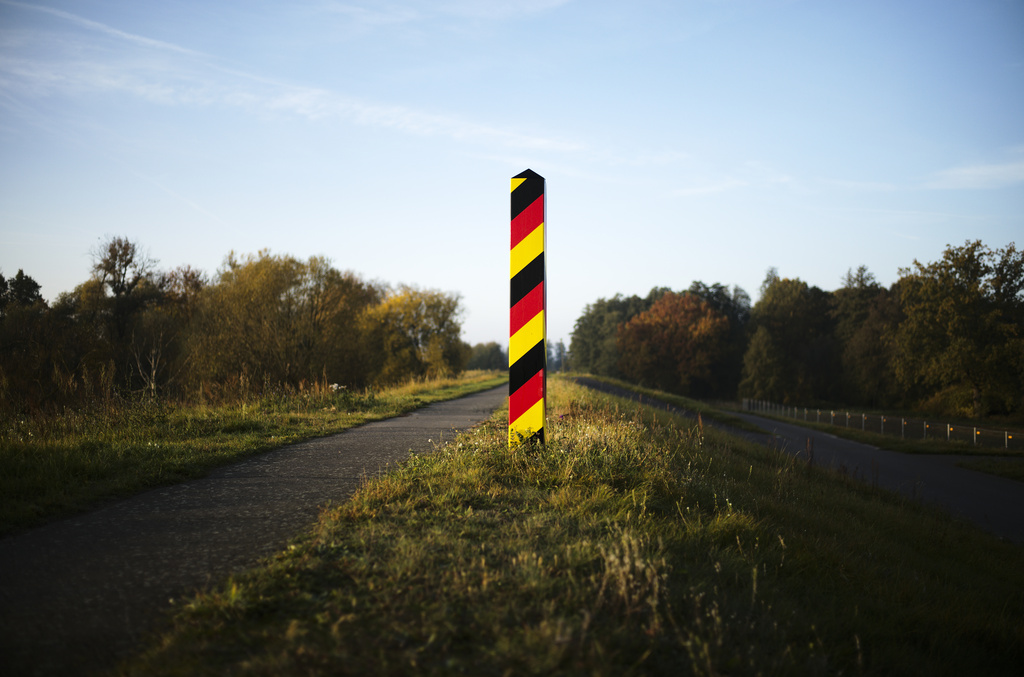Germany is planning to establish a deportation center on an island on the Oder River, right next to Kostrzyn on the Polish border, according to reports from Deutsche Welle. This proposal has already sparked protests in the German town of Küstrin-Kietz.
“As Germany expresses concern, so should Poland, and they have grounds to do so. With 48,000 migrants waiting in Germany for years for readmission, Germany should be deporting these individuals back to their countries of origin instead of building camps,” said Law and Justice (PiS) MEP and former conservative Deputy Justice Minister Maciej Wąsik, who spoke with Gazeta Polska.
The construction of such a camp on the border is a clear threat to the Polish side, according to Wąsik.
There is also concern for local politicians in the Polish town of Kostrzyn, although the local government there has reportedly not been officially informed of these plans from the German side.
“Such plans should be consulted on with the Polish side,” one official noted.
Meanwhile, Polish Prime Minister Donald Tusk reportedly has not discussed these asylum center plans with Chancellor Olaf Scholz during consultations in Warsaw.
The proposed center poses a very real threat to Poland, according to Polish locals and officials. The city office in Kostrzyń nad Odrą told Gazeta Polska newspaper that they have no information about such a facility being planned. Despite the official stance, residents of Kostrzyn admit unofficially knowing about the German plans to set up a deportation camp for migrants on an Oder island, just a few hundred meters from their city. They expressed concern and said they hope that the center remains only a plan.
“A similar camp was to be built here a few years ago, but fortunately, it stopped at the planning stage. We hope it will be the same now. However, the concern is there because it would be absurd not to worry, especially since we have had no problems with migrants from Germany so far,” said Maria, a resident of Kostrzyn.
However, information from Deutsche Welle suggests that plans might proceed, leading to loud protests from the residents of Küstrin-Kietz, where the camp is to be built. They are hoping for support from the Polish community across the Oder.
More than 48,000 rejected asylum seekers are waiting in Germany for immediate deportation. In practice, this often takes years. To expedite the process, so-called exit centers are being planned. According to official plans, the center near Kostrzyn on the Oder island would be a container settlement for nearly 300 people.
The island on the Oder, which is entirely within German territory, covers 120 hectares. It has been largely unused for 30 years, with many proposals for its use unfulfilled, mainly due to a lack of funding. The area remains closed, largely due to unexploded ordnances still found in the ground. The old barracks there are deteriorating but are under the supervision of the conservator of monuments, so they cannot be demolished. Nature conservation also limits the areas available for immediate investment.






